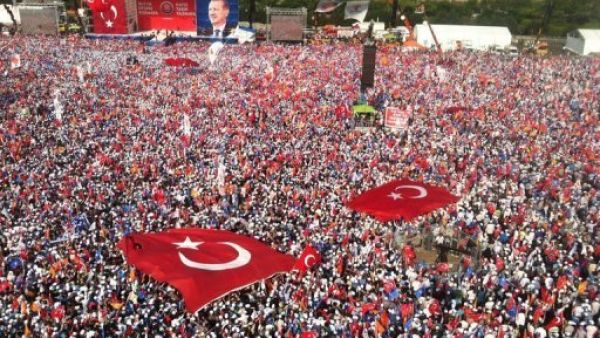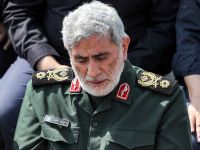Local elections have begun in Turkey with more than 50 million people eligible to vote.
The results of the Sunday elections particularly in the capital, Ankara, and Istanbul, will have implications for the future of Prime Minister Recep Tayyip Erdogan as he is expected to run for president in August or even change his ruling party regulations to be able to seek a fourth term as prime minister next year.
Erdogan has been rallying support for candidates from his ruling Justice and Development Party (AKP) over the past several weeks, seemingly turning the municipal elections into a referendum on his 11-year-rule.
Six major parties have taken part in the local elections. The main opposition Republican People’s Party (CHP) is strongly contesting the AKP in Ankara and Istanbul.
Over the past ten months, however, the AKP has faced anti-government demonstrations and online leaks that have exposed major corruption.
Erdogan has repeatedly accused rival cleric Fethullah Gulen, based in the United States, and his followers of being behind recent social media leaks and wiretaps as well as a graft investigation.
In the latest leak, an audio recording was uploaded on YouTube on March 27, revealing a discussion among top Turkish security officials about possible military operations in Syria. The government says the leak was an “act of espionage.”
The Erdogan administration has launched internet restrictions, including blocking Twitter and YouTube. The move has sparked protests from human rights organizations and the European Union.
Erdogan has also dismissed hundreds of police and prosecutors believed to be linked to Gulen.








